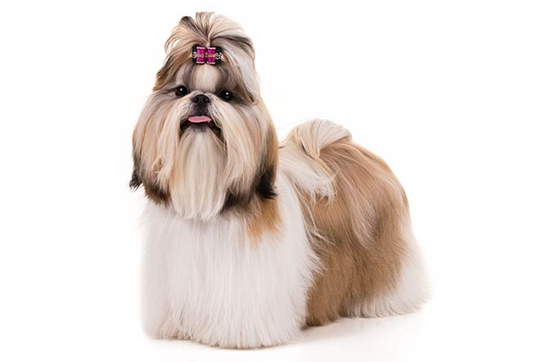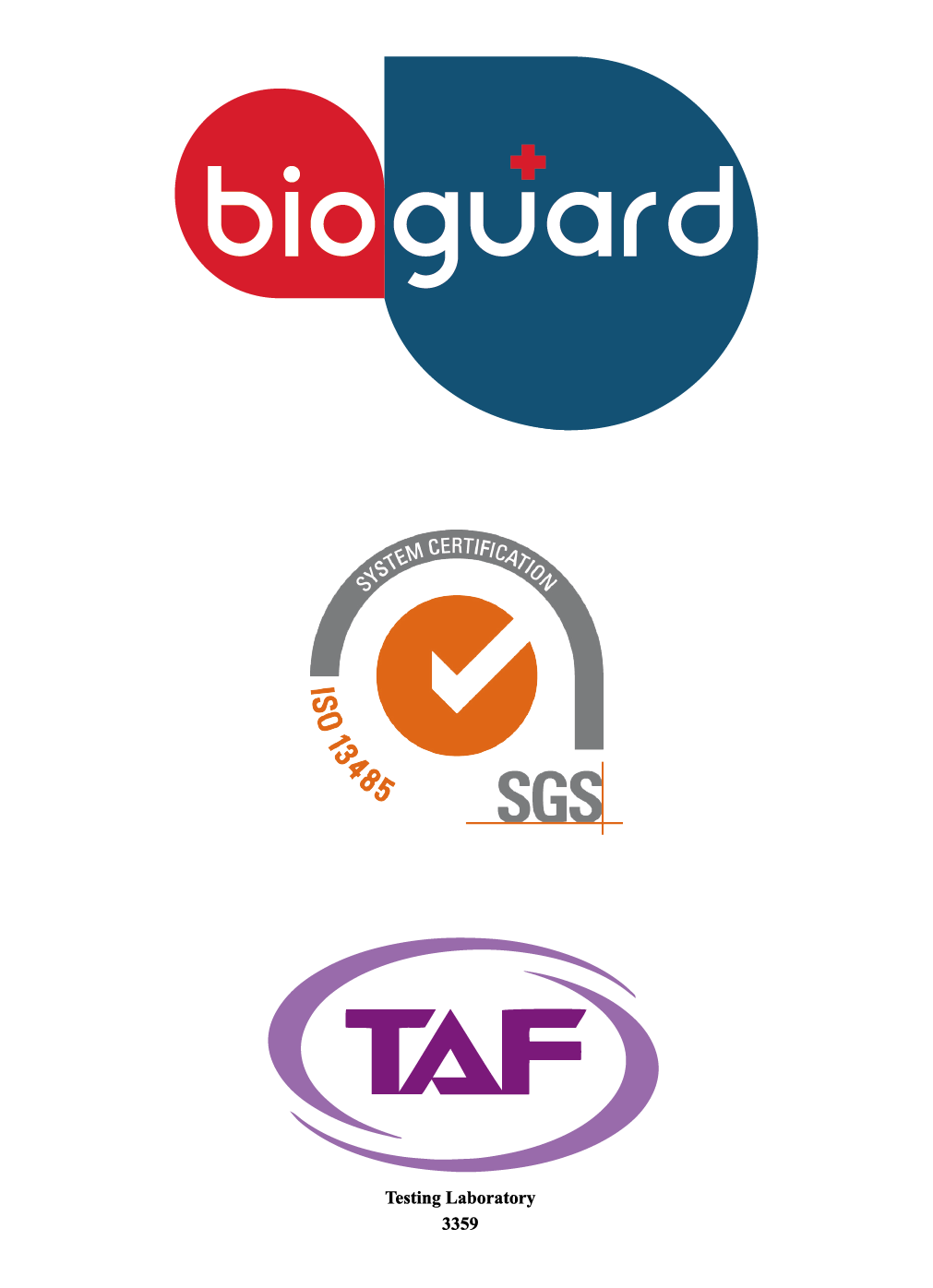
The Shi Tzu is a small dog- Toy Breed, known for its personality: lively and outgoing. Their traits of being sweet, playful, friendly, intelligent, and its appearance could win you over. However, this dog has the tendency to be aggressive, fearful, bark excessively, and difficult to train. Despite the expected characteristics of Shi Tzu, like all other breeds, temperament will vary.
Known to have originated in China, the name Shi Tzu means “lion dog”, resembling lion as depicted in traditional oriental art. Generally, this dog lives in a long life span of 10 to 16 years, with an average height of 27 cm and average weight of 4.5-7.5 kg. Their coat comes in many colors, and the silky, long hair will need regular grooming. They may be sensitive to heat and need only moderate exercise, but they enjoy being with their family and they need attention.
The small size makes it fragile and prone to injuries. Health problems of Shi Tzu exist, and it is important to have regular health check- ups with your vet.
Skin Conditions and Allergies- Shi Tzu is sensitive to allergens. They may present itchiness, skin irritations and dermatitis when developed allergies. Skin Allergy is referred as “atopy”. It most commonly affects their feet, belly, folds of the skin, and ears. They could also be seen having hair loss. However, symptoms of allergies can also be caused by other skin conditions. Specific diets, regular preventives, and/ or medicated shampoos can be used to manage some allergies. It is important to prevent possible causes of allergies, however, dogs react differently to environments.
Ear Infections- Also known as otitis externa. With floppy ears, Shi Tzu are susceptible to ear infections. You may notice your dog scratching at the ears and shaking their head. Presented signs also include redness of the inner ear, a dark discharge, a bad odor or general pain in their ear area. Ear infections can be triggered by allergies and too much moisture in the ear canal, or may be a result of other underlying diseases. Regular cleaning of your dog’s ear can help preventing ear infections.
Breathing Problems- Due to their short, flat faces, Shih Tzus are susceptible to respiratory and breathing problems. They have narrow upper airways and small and delicate tracheas, making it hard for them to breathe. You may notice your dog having shallow and difficulty in breathing, excessive panting, trouble eating, snoring, and coughing. In extreme cases, collapsing and passing out are possible.
Over-exercising should be avoided, and walking them in either early morning or late evening with cooler air is recommended.
Brachycephalic Obstructive Airway Syndrome (BOAS) is a respiratory issue which can cause problems in regulating their body temperature. This can also lead to secondary issues caused by increased demands on their heart and lungs.
Eye Problems- Their large, dark eyes make them particularly prone to eye problems. They can inherit or develop eye conditions and are more susceptible to eye injuries due to the naturally protruding eyeballs. Most common injuries are resulting from corneal scrapes and punctures.
- Entropion- this is a case where eyelid folds towards the eye and the eye lashes scratch on the eye ball.
- Dry eye or “keratoconjunctivitis sicca” (KCS) – This is a common situation wherein the eyes do not produce enough tears or moist. As a result, eyes become itchy and sore. This may also damage the cornea and lead to eye ulcerations. Squinting, dull, and thick discharge can be noticed.
- Glaucoma- It is an eye condition that can cause pain to your Shi Tzu, and may lead to blindness if left untreated. Notice the signs of squinting and watery eyes, cornea turns bluish, and the reddening of the white of the eyes. Early signs are enlargement or swollen eyes that appear to be bulging.
- Cataracts- Older Shi Tzu can get blindness from cataracts. It is a hereditary issue affecting their vision. Common signs include eye cloudiness, excessive discharge from the eyes, light sensitivity, loss of vision. Surgery is an option to remove cataracts and to restore sight.
Hip Dysplasia- It is a condition of abnormally developed hip joints with different severities. This is common and painful genetic problem. It is important to see the dog’s hip health to avoid being bred.
Hypothyroidism- It is a hormonal disease affecting their thyroid gland, resulting to lack of thyroxine, which controls metabolism. This disease may cause hair loss, dull and thin coat, blackened areas of skin, lethargy, less keen to exercise and weight gain.
Hyperadrenocorticism (Cushing’s )- Although this condition may develop slowly, it is common to Shi Tzu. This disease is a result of malfunctioning adrenal glands, with excessive production of Adrenocorticotropic Hormone (ACTH), affecting their metabolism and inflammatory and immune responses. Symptoms displayed include frequent drinking and urinating, increased appetite and reduced activity level, potbelly, thin skin, and hair loss.
References:
- https://www.petco.com/shop/en/petcostore/c/common-shih-tzu-health-issues
- https://www.animalfriends.co.uk/dog/dog-advice/dog-breed-health-problems/shih-tzu-health-problems/
- https://lbah.com/breed-disease/shih-tzu/
- https://ahcfargo.com/client-resources/breed-info/shih-tzu/
- https://www.pdsa.org.uk/pet-help-and-advice/looking-after-your-pet/puppies-dogs/small-dogs/shih-tzu
- https://www.thekennelclub.org.uk/search/breeds-a-to-z/breeds/utility/shih-tzu/
- https://www.akc.org/dog-breeds/shih-tzu/
The Shih Tzu is a small dog – one of the Toy breeds. He is generally described as lively and outgoing and despite his size requires plenty of exercise. He makes a delightful companion and family dog but as with all breeds temperament will vary. His coat will become very long unless trimmed and will … Continue readingShih Tzu

